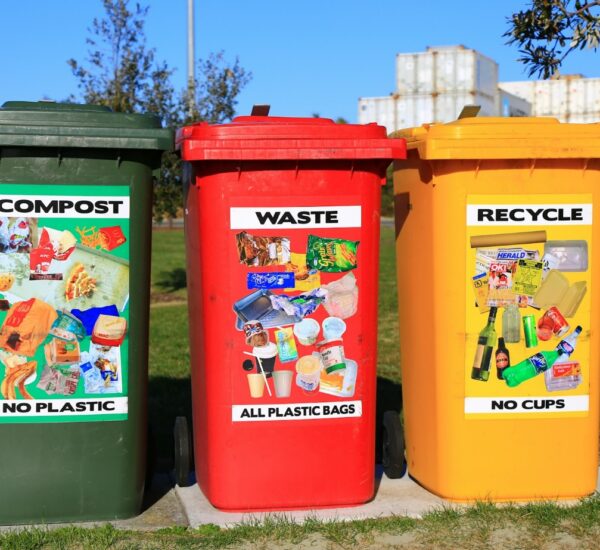Many people are involved in the management of America’s trash, from the local garbage collector to the analytical chemist, but no aspect of waste management poses the challenges faced by hazardous waste professionals. Management of hazardous waste is perhaps the weakest link in America’s dynamic industrial economy, because of the dangers posed by toxic chemicals, nuclear by-products and organic garbage. A career in hazardous waste disposal and management may lead you to a lab, to a landfill, or to Washington, D.C. Several federal agencies deal with hazardous waste, including the Environmental Protection Agency (EPA), the Department of Defense, and the Department of Energy. Private industrial enterprises, such as large corporations, employ their own teams of waste specialists or hire consultants to manage their hazardous waste output. A hazardous waste professional may be a geologist, a chemist, or a nuclear physicist. Other hazardous waste professionals are engineers or managers, working to develop systems to reduce waste in the production process or to protect the environment from the dangerous substances that must be disposed of. Many specialists must work together to reduce the burden of hazardous waste. There are two approaches to hazardous waste management: Remedial and removal. Remedial waste management specialists define the waste problem—for instance, a leaky landfill seeping dangerous chemicals into a drinking-water supply—and then explore various solutions to the problem. They have to consider the impact on the environment, design a solution and finally put that solution into motion. Removal specialists control and clean up major hazardous waste accidents, such as oil spills.
Paying Your Dues
A bachelor’s degree is necessary for this profession and, in today’s competitive job market, a master’s degree or even a doctorate is preferred. Highly sought-after hazardous waste professionals usually specialize in one or more sciences. Major in geology, chemistry, physics, ecology, or any combination of sciences. If you want to specialize, look into soil, air, or water ecology. Since much of your job may require preparing environmental impact statements or proposing waste-management systems, it’s a good idea to develop your speaking and writing skills. Working for the government is rewarding, but it’s not always easy. If you choose a job with the EPA or another federal agency, remember that you are joining a large bureaucracy whose commitment to waste management is occasionally diluted by political considerations. Big businesses that hire hazardous waste professionals are committed to keeping the air, earth, and water clean, but they must also keep their eyes on the bottom line. A committed hazardous waste specialist must be patient and resourceful to fulfill this twin agenda. Despite the obstacles, and because of the growing emphasis on environmentalism, effective professionals are always in demand.




